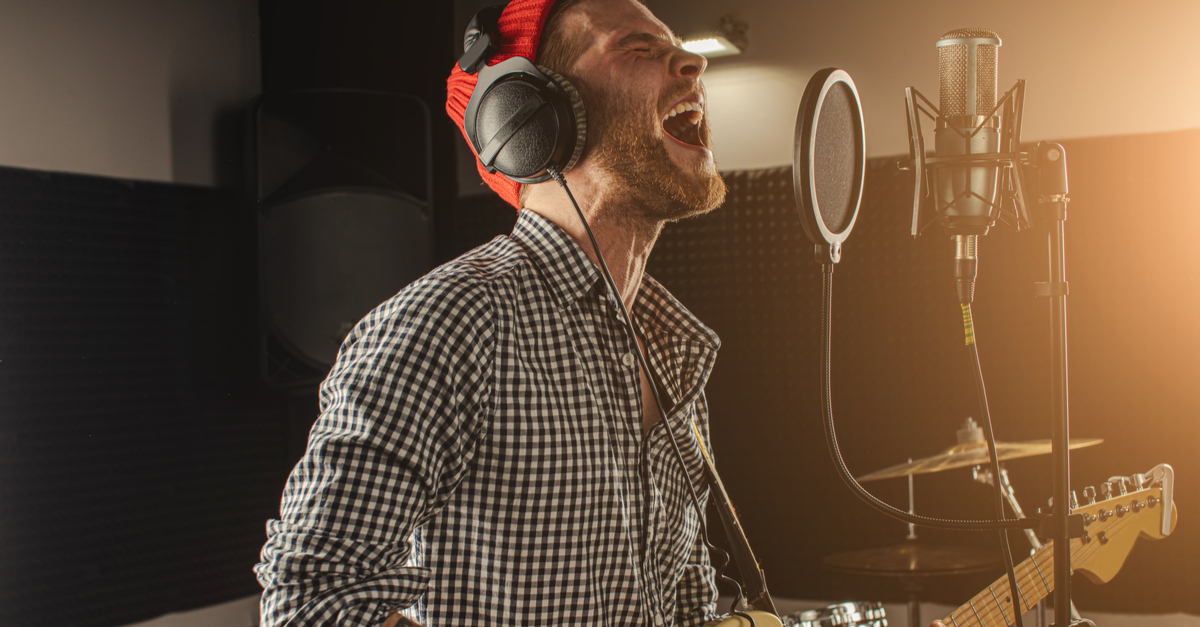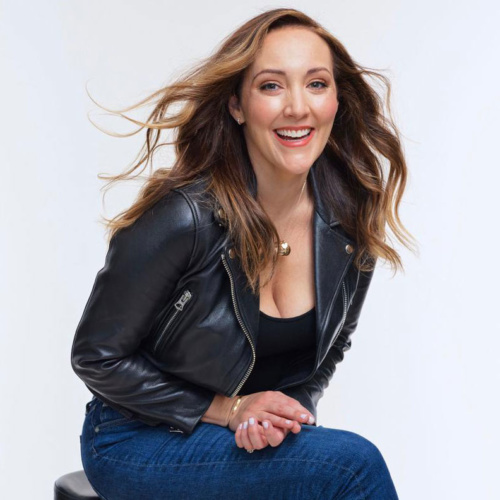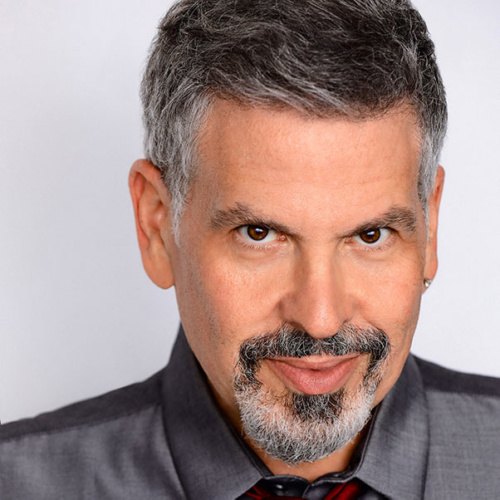Do some people have more innate ability than others? Sometimes we call this natural ability “talent” and of course, some lucky people do appear to have it more than others. They seem to be born with a recognizable natural talent for singing.
Singing is a natural gift, but it also takes work to improve. An individual with a little bit of talent can go much further than someone with a lot of talent who doesn’t work to develop it. No matter where you fall on the talent spectrum, rest assured that your hard work and practice will pay off in the end.
Are there shortcuts to learning to sing or play an instrument? Yes, and that’s why we hire Teachers, to show us by example the kinds of proven practice and exercises most likely to help us grow as performers. Can you learn on your own? Yes, you can, and while it could save you some money it’s also likely to take much longer.
The cliché of the Four P’s applied to music and singing might read: Persistent Practice leads to Perfect Performance, and it’s true enough that anyone learning to sing should keep this in mind. The bottom line is that developing your singing talent will take some training, time, and effort, but will pay dividends, making all the hard work worth it.
Are voice lessons worth it?
Singer Adriana McPhee (American Idol) said singing lessons can be helpful for many people.
“Having a Voice Teacher and a weekly discipline is great,” she said. “People do all kinds of fun things to express themselves. People take pole classes. They do aerial yoga. They jump out of planes. Voice lessons are that thing for people who want to bring singing back into their lives. Getting back into voice lessons and just singing again is usually a wonderful thing.”
“The great thing about our world now is that you can work with anybody around the world on Zoom,” she continued. “So if you live in a small town and you don’t have access to a Teacher you like, you can find people and work with them on Zoom.”
Singer Michael Orland (American Idol) said lessons might be the best thing you could do for yourself as a singer.
“I think taking lessons is the biggest thing you can do for yourself,” he said, “because it teaches you to have a work ethic, which is so important in this business, and to be on the ball learning new songs, learning old songs, and just perfecting your craft.”


